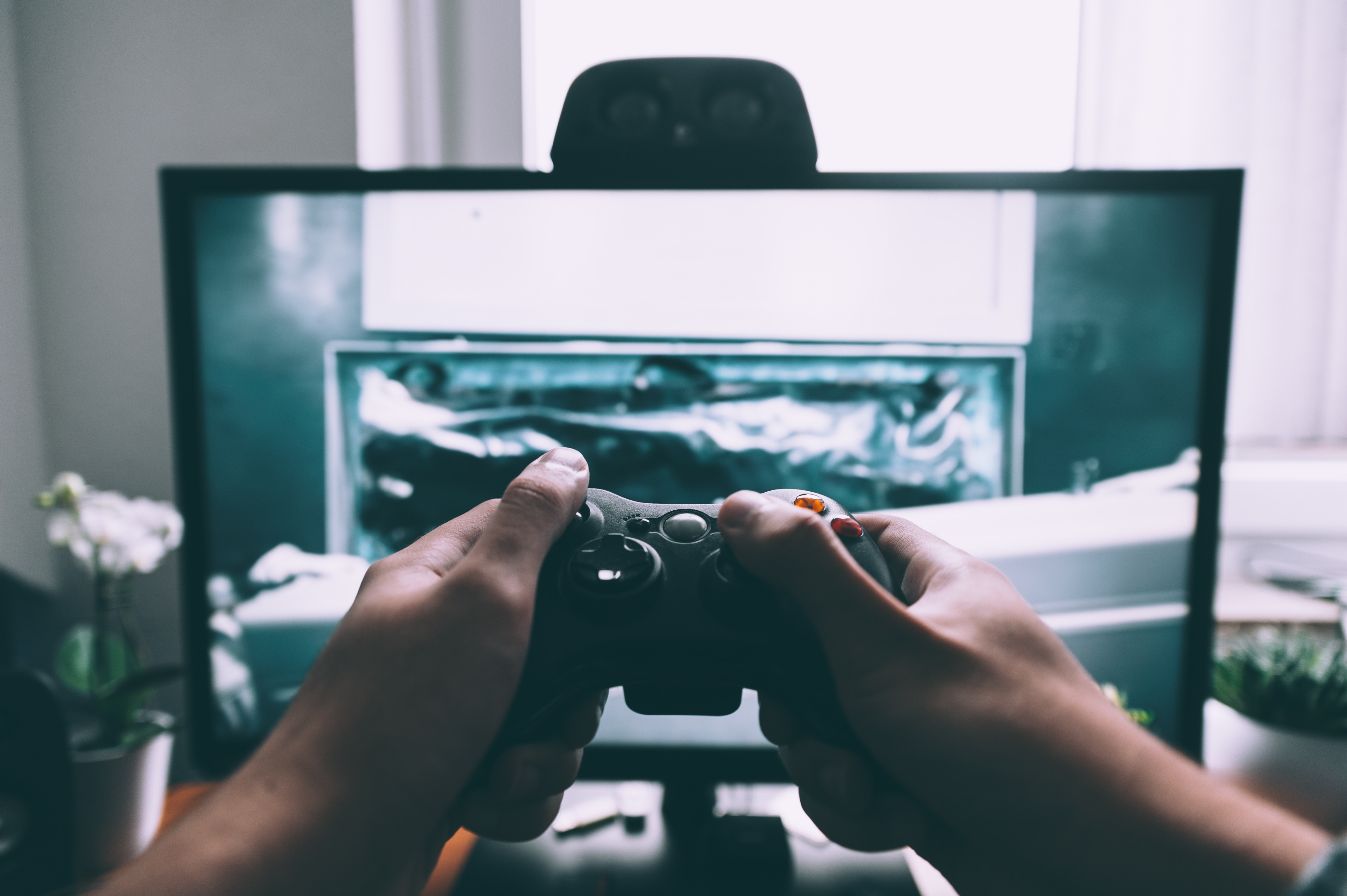As the season of gift-giving draws to a close, many video-game aficionados may find themselves glued to the screen playing their newest game. Video games, in moderation, are harmless fun, but experts have found that it’s possible for gaming habits to veer into unhealthy territory. According to a recent article in Forbes, the World Health Organization (WHO) will recognize “gaming disorder” as a mental health condition in 2018.
A draft of the WHO’s forthcoming update of the International Classification of Diseases describes the new disorder as a “a pattern of persistent or recurrent gaming behaviour” that is difficult for the gamer to control and may damage the gamer’s relationships, career or school work. According to the report, people with a gaming disorder will continue or even increase the amount of time spent gaming despite negative effects.
However, if you binged on Call of Duty last weekend, you don’t necessarily need to worry: Gaming habits are generally only categorized as a disorder if excessive gaming is “evident over a period of at least 12 months,” according to the report.
Read the full article on Forbes.


